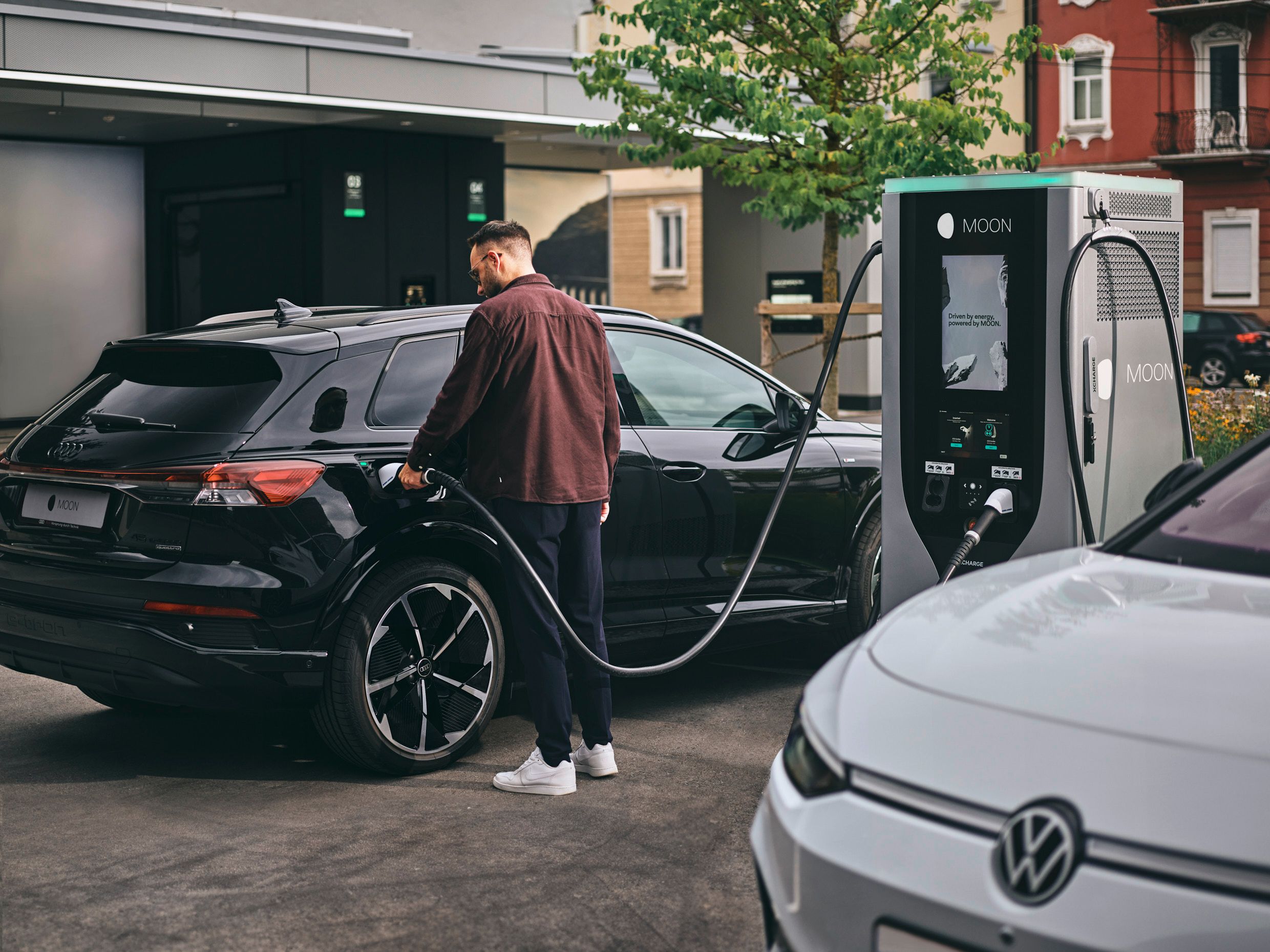Beyond the Cable | How MOON POWER is rethinking Europe's Charging Infrastructure
Podcast: Exit or Die Guest: Markus Tatzer, CEO of MOON POWER Host: Peter Oberlik, Founder & CEO of FoundersToday
)
Energy. Mobility. Future.
The mobility transition is in full swing - but the real revolution isn’t happening on the road. It’s happening behind the scenes: in cables, systems, and the energy networks that hold everything together.
In the episode "Beyond the Cable" of the podcast "Exit or Die" Peter Oberlik talks with Markus Tatzer, CEO of MOON POWER, about the future of electromobility in Europe - and why the true potential doesn’t lie in vehicle range, but in the intelligence of the infrastructure.
Tatzer makes it clear right from the start: “Infrastructure is the hard part.” But that’s exactly where MOON POWER comes in - with a holistic view of energy, mobility, and technology.
Rethinking Charging: From Obligation to Everyday Normalcy
One of the biggest misconceptions about e-mobility, according to Markus Tatzer, is the way many people still think about it. “At first, there were plenty of reasons against electric cars – range, price, charging time. Today, almost all of these have been solved, but the mindset remains.”
Many drivers still think in extremes: 500 kilometers of range, charging in five minutes. But the reality is different. The average car in Europe travels less than 50 kilometers per day and sits parked for over 23 hours.
The key, therefore, isn’t fast charging - it’s smart charging, seamlessly integrated into everyday life. “If you can charge at home, at work, or while shopping, it becomes second nature,” says Tatzer. “And if you’re on the highway - a 15-minute break, a coffee, and you’re good for another 300 kilometers.”
That’s how charging becomes routine, and e-mobility evolves from an exception into the norm.
B2B: More than Hardware - It's about Systems
In the business customer segment, the complexity of the topic becomes even clearer. MOON POWER doesn’t just deliver charging stations - it provides complete energy and mobility solutions. The goal: integration instead of isolated solutions.
It’s not about just placing hardware somewhere, we have to embed it into the buildings, fleet operations, energy systems, and business models of our clients.
E-mobility can only succeed if it makes both economic and operational sense. Uptime, scalability, and return on investment are crucial. Companies don’t invest for image reasons - they need solutions that work long-term and create measurable value.
This shows that for MOON POWER, electromobility is more than technology: it’s a strategic decision for future readiness.
Why the whole System matters: The MOON Ecosystem
MOON POWER thinks bigger, electromobility is just one part of the entire energy system. “You can’t solve charging without solving energy,” Tatzer emphasizes.
That’s why MOON is developing an ecosystem that covers everything from energy generation to storage and charging. Solar power, battery storage, and intelligent energy management interconnect - creating a seamless system with maximum efficiency.
A good example is bidirectional charging: vehicles become energy storage units that can feed electricity back into the grid. “We’re not just talking about it - we’re actually doing it,” says Tatzer. “At MOONCITY, you can already see how bidirectional charging works.”
This fusion of mobility and energy is the core of what MOON defines as pioneering work: being the first to connect the dots.
Electrifying Europe: Diversity as an Opportunity
MOON POWER’s headquarter is stationed in Austria but MOON thinks on a European scale. E-mobility is evolving at different speeds across the continent.
Europe isn’t one unified market - it’s 27 different ones, that’s why we build modular solutions that can adapt to different legal, technical, and cultural conditions.
In the Nordics, for instance in Sweden or Norway, electric vehicles are already a part of daily life. There, MOON POWER is testing innovative concepts like selling energy back to the grid. At the other end of the continent - for example, in the Balkans - the foundation for fast-charging infrastructure is only just being built.
“This diversity is a challenge, but also a huge opportunity,” says Tatzer. “We learn something new in every market - and we can transfer that knowledge to the next.”
This way, MOON POWER grows step by step - with local understanding and a European vision.
Porsche Holding: Agility meets Stability
MOON POWER isn’t a typical startup. As part of Porsche Holding, the company has a strong foundation - and that, Tatzer says, is its key advantage. “We have the agility of a startup, but the backbone of a global corporation.”
The trust and structure provided by the parent company allow MOON to execute large-scale projects, while the team remains fast and entrepreneurial. Of course, there are corporate guidelines and processes - but the culture within Porsche Holding has always been entrepreneurial.
This combination of startup mentality and corporate strength creates an environment where innovation doesn’t stay in the lab - it reaches the streets.
Looking ahead - Europe's Path to Energy Independance
When it comes to the future, Tatzer doesn’t look to America, but to Asia. “The industry has shifted. No one looks to the U.S. anymore. The real innovations are happening in China - at incredible speed.”
To keep pace, Europe needs its own structures: its own battery modules, software, and energy sources. Tatzer is convinced that only then can Europe remain independent, resilient, and competitive.
He calls on policymakers to show more courage, speed, and openness. “We need clear rules - but not restrictions,” he says. The best technology will prevail and Markus is sure it’s going to be electric.
For Tatzer, e-mobility is no longer an idealistic vision but the economically superior solution: Fewer parts, less maintenance, lower energy costs - and production that’s already faster than for combustion engines.
Conclusion: The future drives electric - But it starts in the System
What MOON POWER demonstrates in this conversation is a new understanding of mobility. The focus isn’t on the car itself, but on the interaction between energy, technology, and user experience.
Those who build charging infrastructure are laying the foundation for a new energy order. “The future of energy and individual traffic is electric - so invest in a zero-emission economy.”
Listen now to the podcast episode “Beyond the Cable” and discover how MOON POWER is helping shape Europe’s electric future.
Curious?
We are always at your disposal for further information and inquiries. Get a free and non-binding consultation now.
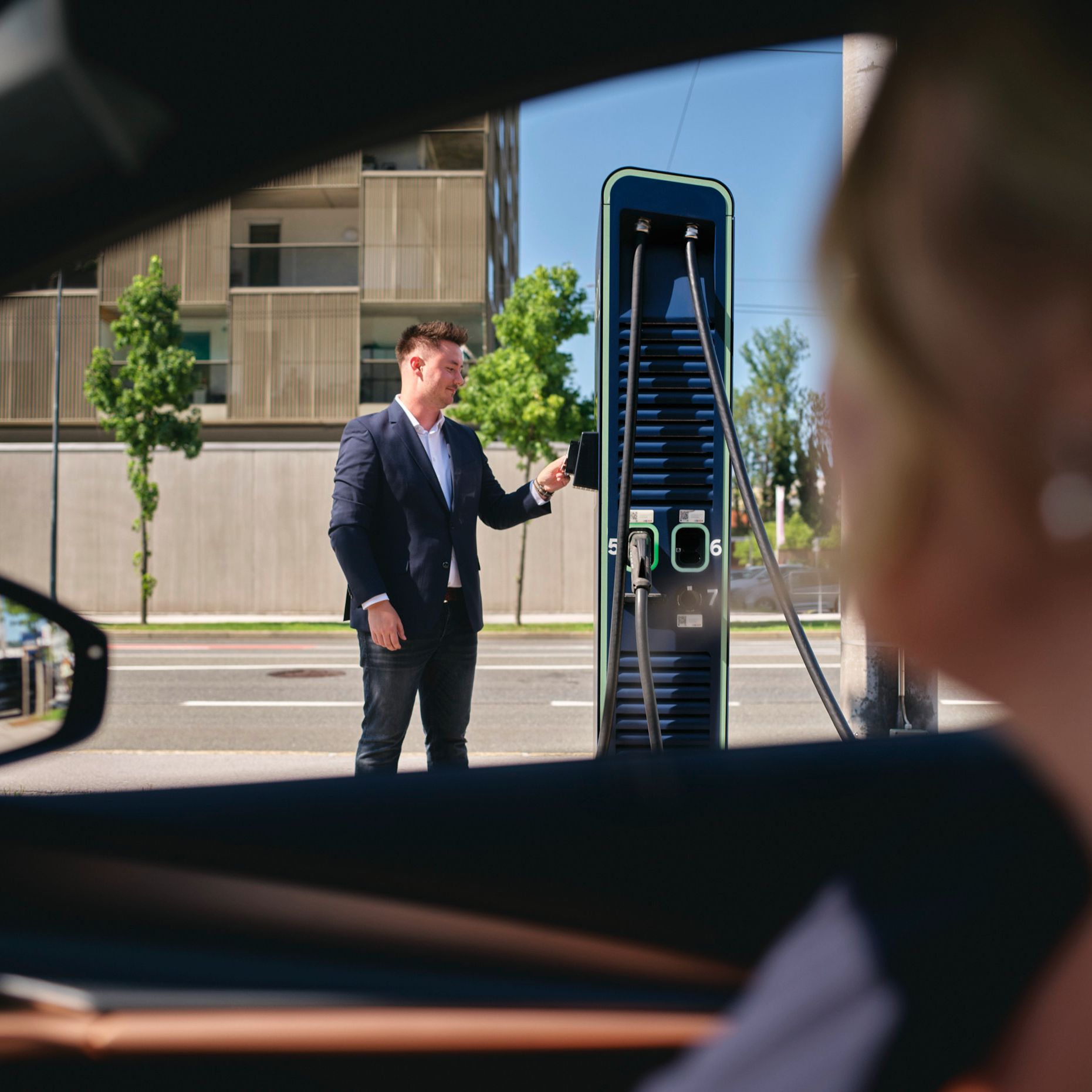
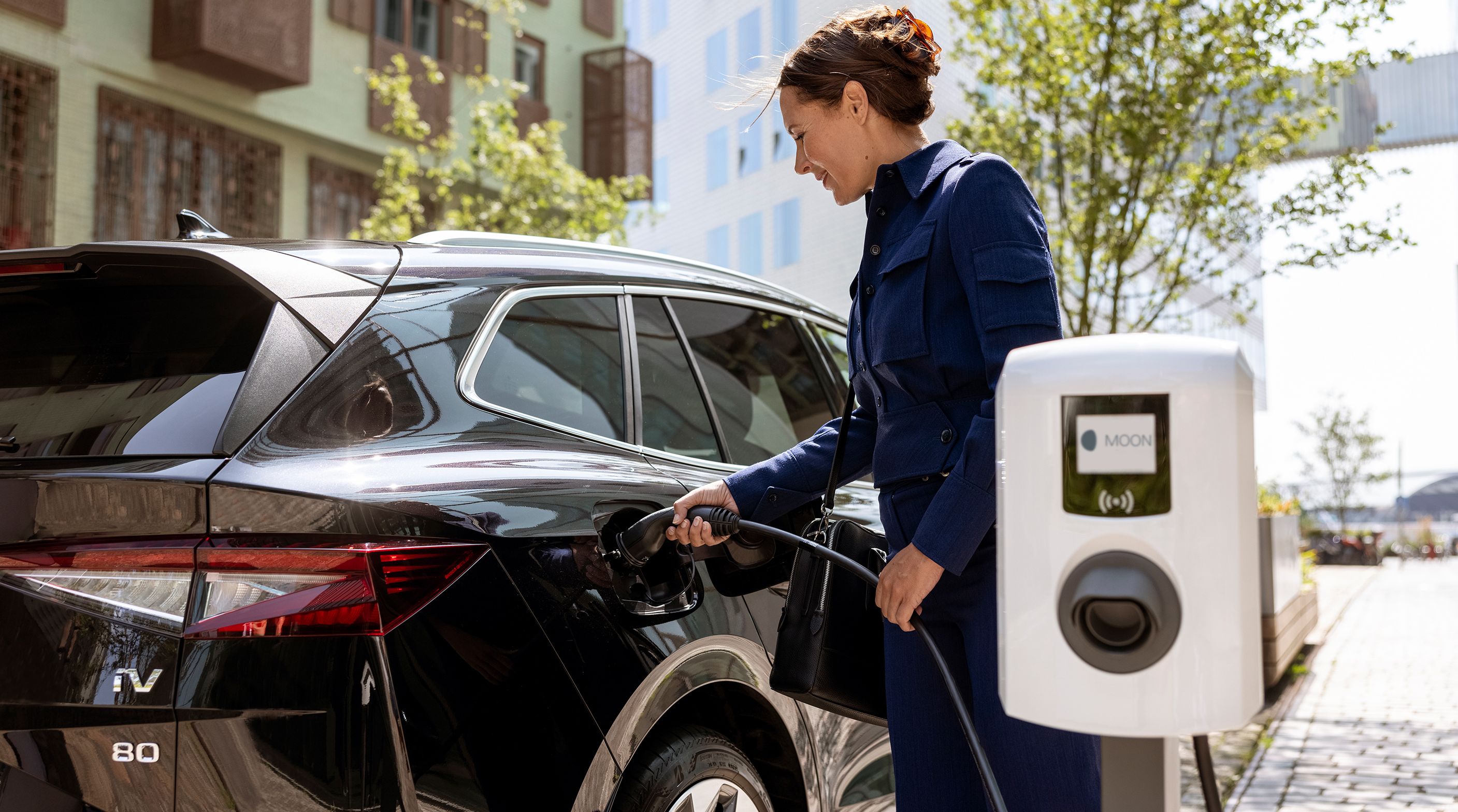
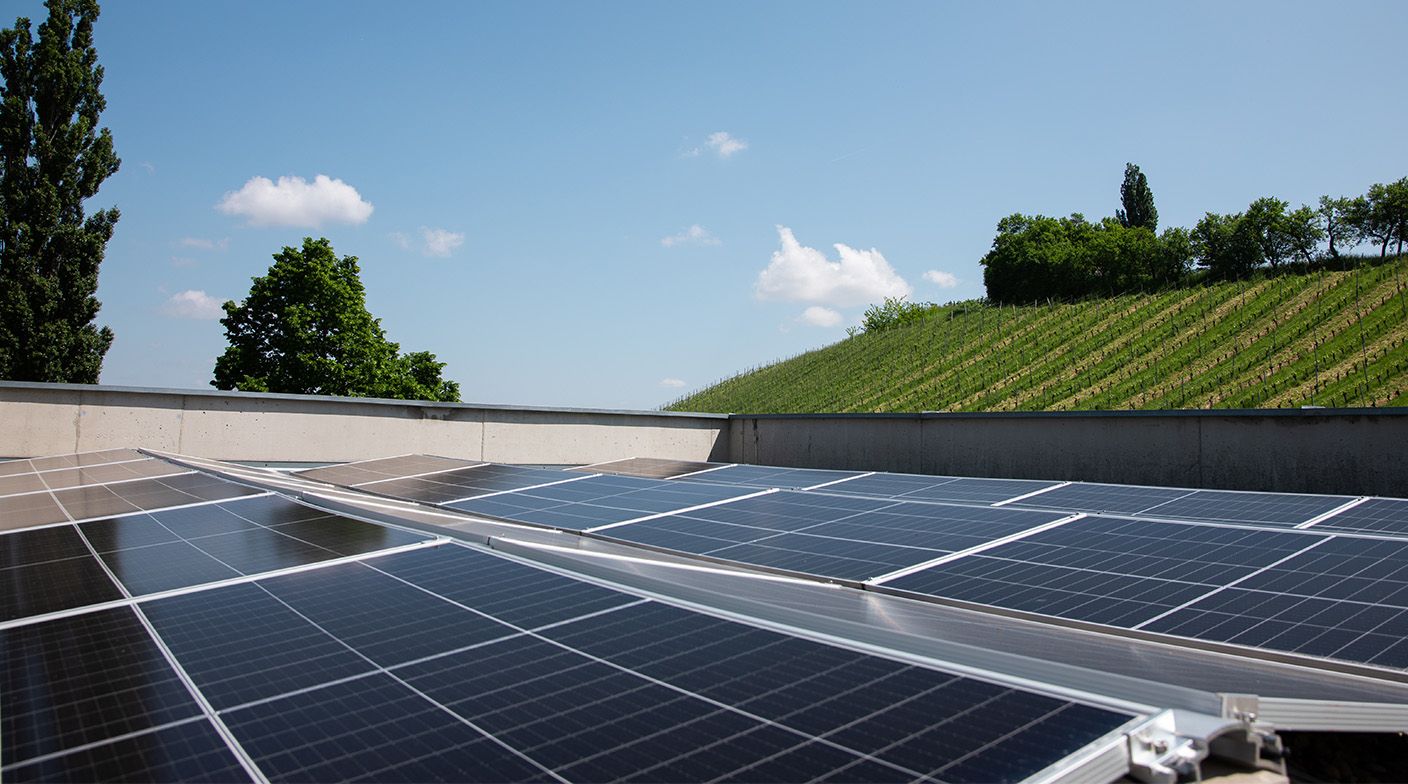
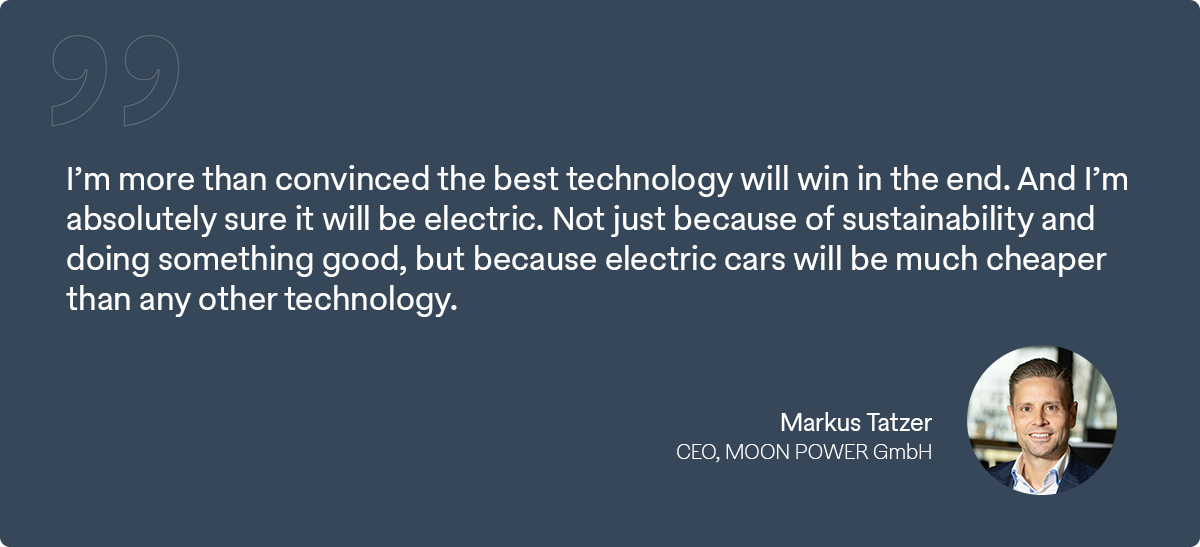
-(1))

